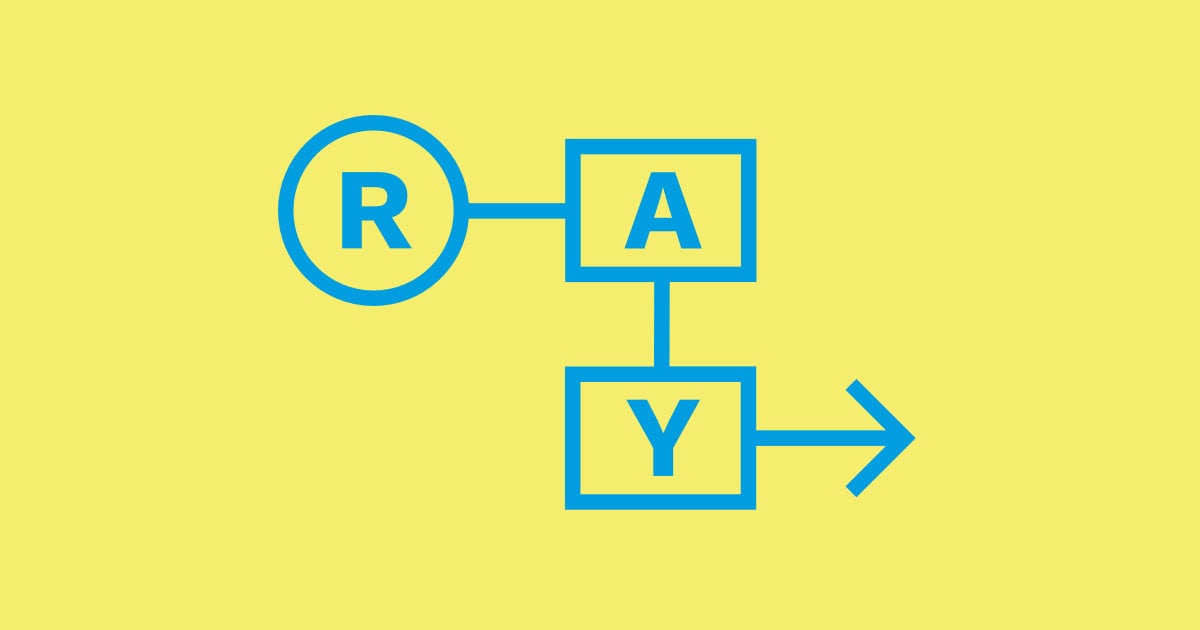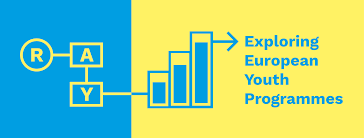Gathering the evidence on Erasmus+ Youth in Action
In the 15 years since the publication of the European Commission White Paper ‘A New Impetus for European Youth’ (2000), the continuing importance of youth work within European policy has been reflected in, for example, the EU Strategy for Youth (2010-2018) and Agenda 2020. Many member states, including Ireland, have also recognised the value of youth work in developing their own policies on education, inclusion and civic engagement. However, the last few years have been very challenging for all those involved in youth work, as external circumstances have resulted in reduced funding and fewer resources. While the value of youth work is well recognised by those who work within the sector, there is always a need to provide research-based evidence to policy-makers and funders. At the consultations carried out by Léargas at the start of the Erasmus+ programme, the need for generating research-based evidence was identified as an important element of implementing Erasmus+.
Looking at the evidence: the RAY Network
The Youth in Action programme (2007-2013) and currently the Erasmus+: Youth in Action programme (2013-2020) are based on the premise that youth work that takes place within a specifically European context--employing multi-method and transnational approaches--will result in positive outcomes for those who take part.
To test this and to provide a research-based analysis of both programmes, the RAY Network was established in 2008. Across 16 participating countries, the RAY Network explored the impact of the Youth in Action programme for six years using a combination of qualitative and quantitative social research methods. The resulting analyses informed the design and structure of the youth ‘chapter’ within the Erasmus+ programme, which has now been running since 2014.

Research on Youth in Action showed that…
- Youth in Action projects provided a space for new learning experiences and innovative methodologies
- 50% of Youth in Action project time was devoted to non-formal education and training
- involvement in Youth in Action projects stimulated young people (82%) and youth leaders (89%) to plan further educational activities and professional development
- 69% of young people who took part felt that their chances of finding work had increased
On completing its analysis of its Youth in Action research, one of the RAY Network’s recommendations was that further research-based analysis and monitoring of the Erasmus+ programme in the youth sector should take place, to ‘contribute to quality assurance…in [programme] implementation and…research-informed youth policy development’.
Ireland in the RAY Network
Léargas is pleased to announce that, together with the Centre for Youth Research and Development in NUI Maynooth, we have joined the RAY Network so that we can work with the youth sector in Ireland (and 27 other participating countries) to:
- contribute to quality assurance and quality development of the implementation of the Erasmus+: Youth in Action Programme
- contribute to evidence-based and research-informed youth policy development
- develop a better understanding about processes and outcomes of non-formal education activities, in particular in the youth field.
Specifically, we’ll be taking part in two research projects:
- research-based analysis and monitoring of Erasmus+ Youth in Action
- competence development and capacity-building in Erasmus+ Youth in Action

Research-based analysis and monitoring of Erasmus+ Youth in Action
This project will explore:
- the effects of funded projects on the people involved, particularly project participants, project leaders as well as organisations and the local environment
- access to Erasmus+ for young people, particularly those with fewer opportunities, and for organisations active in the youth field
- the profile of participants, youth workers, and organisations involved in Erasmus+
- the development and management of funded projects
- the implementation of the Erasmus+ Youth in Action programme
As a result of this work, the research project will contribute to:
- practice development
- quality assurance and quality development in the implementation of Erasmus+
- evidence-based and research-informed youth policy development
- the development of the next generation of programmes
- a better understanding of learning mobility in the youth field
Competence development and capacity building in Erasmus+ Youth in Action
This research project will explore how Transnational Cooperation Activities (TCAs) and training activities within Key Action 1 and 2 in the youth field contribute to the competence development of youth workers and youth work practice and how they affect the participating organisations and the local environments of projects
The overall objectives of this project are to explore:
- competence development of youth workers and youth leaders through participation in training and support activities in the youth field
- how learning outcomes from such activities are transferred into practice
- individual educational and professional pathways of participants involved in training and support activities
- the long-term systemic effects of training and support activities on the organisations involved, on training providers, on local environments and on National Agencies
- potential synergies between training and support activities in different fields of education and training with a view to the potential added value of cross-sectoral training activities in the framework of KA2 within Erasmus+
This should lead to a better understanding of the systemic impact of training activities within Erasmus+ Youth field. Furthermore, the study should also contribute to the quality development and strategic planning of Transnational Cooperation Activities (TCAs) within the Erasmus+ Youth field.
How will it work?
A combination of social research methods (including online questionnaires, interviews and on-site visits) will be used by all partners in the RAY Network to gather evidence for its research projects over the coming four years. The work will start in Autumn 2016 and continue through to 2020. National reporting will take place each year and the results of the research will be provided on this and other websites and at the Léargas Forum.
If you’d like to find out more about the previous research check the RAY Network site.
For more on the upcoming RAY research projects outlined here, contact info@leargas.ie
We welcome contributions and ideas for ‘Insights’ at comms@leargas.ie.
Save
